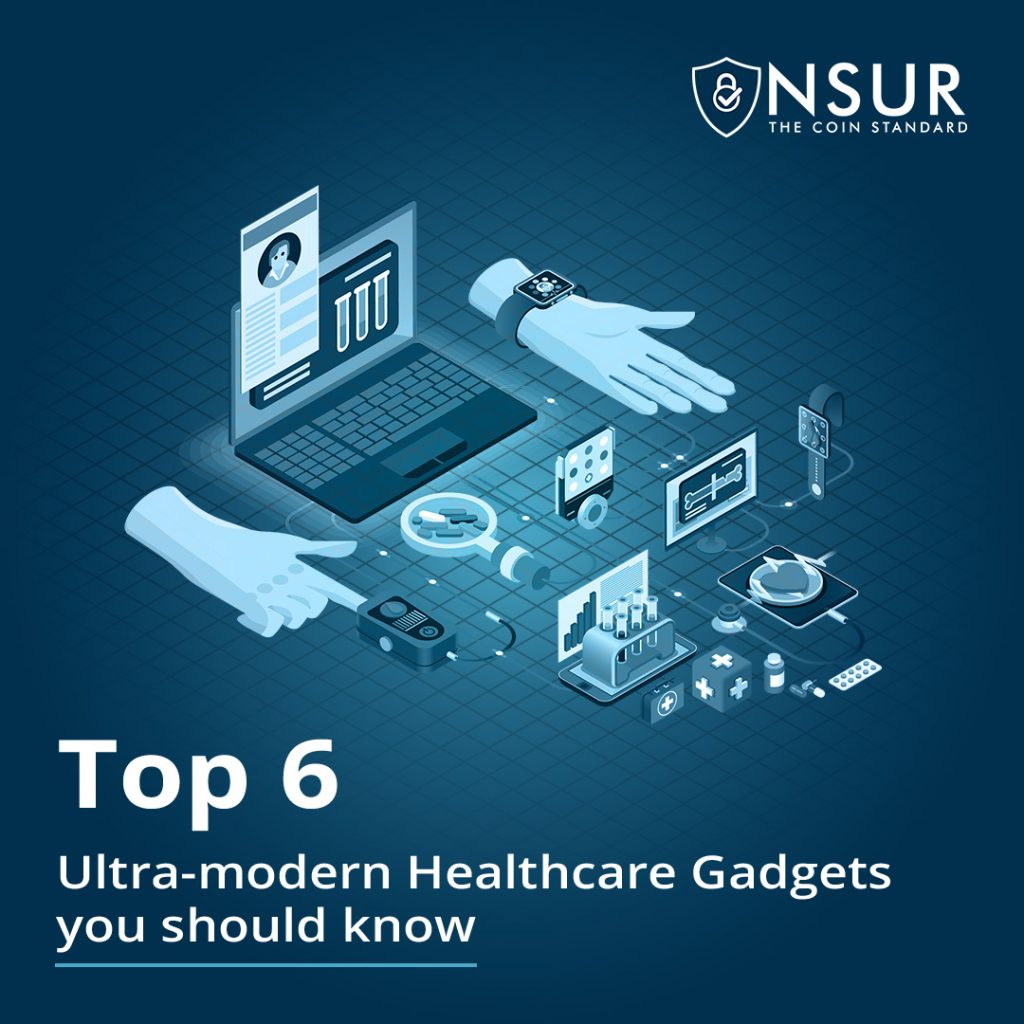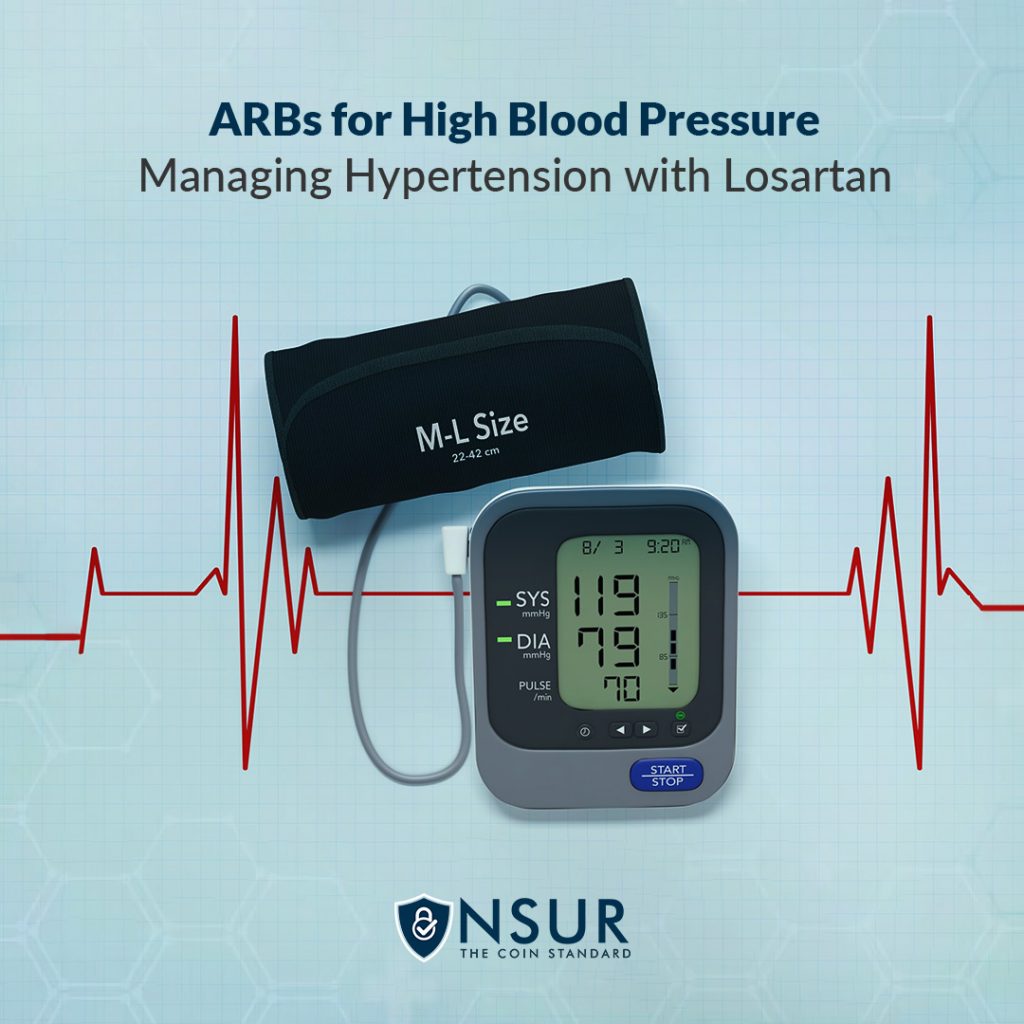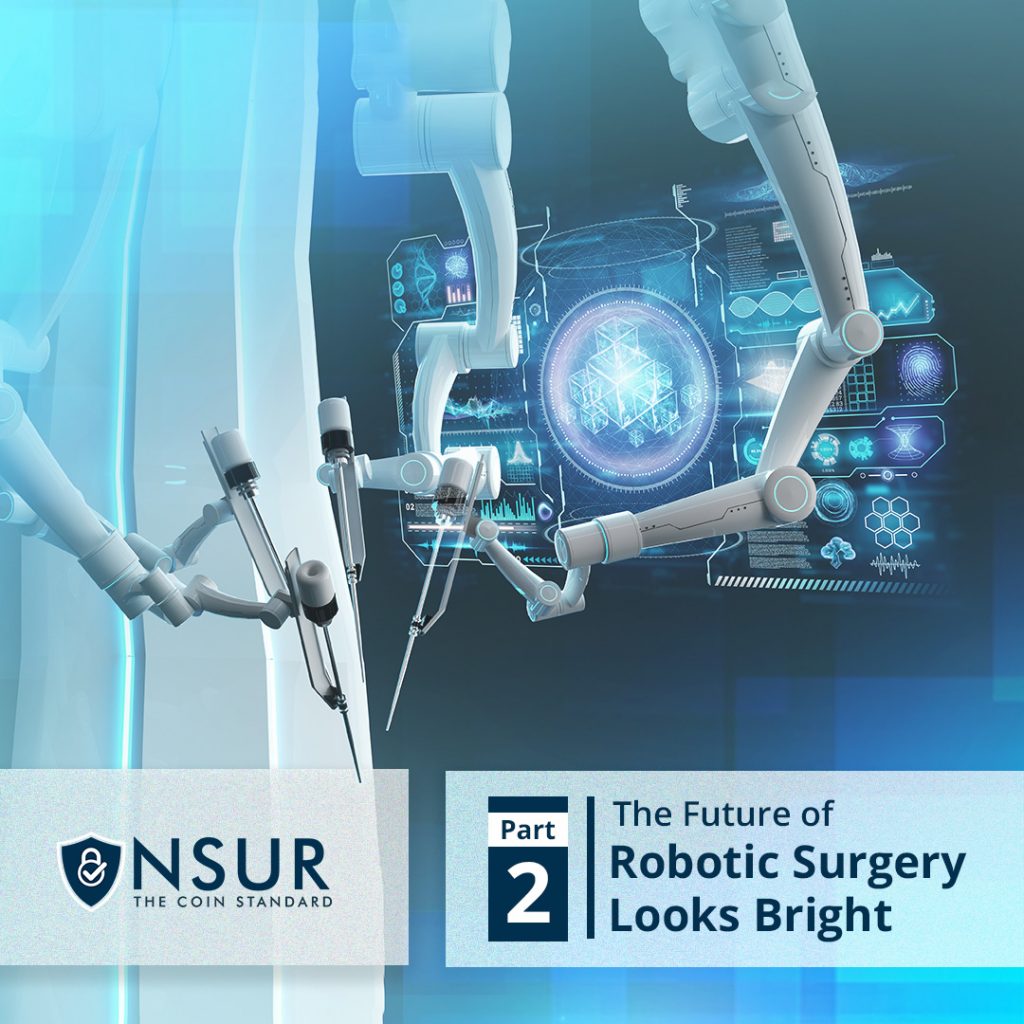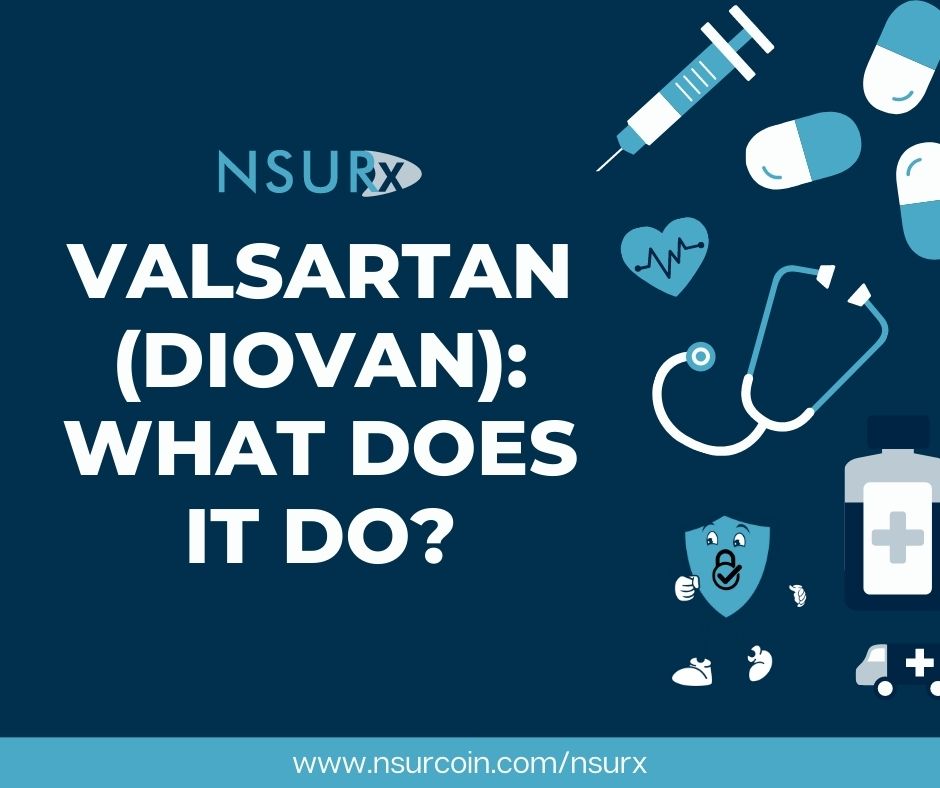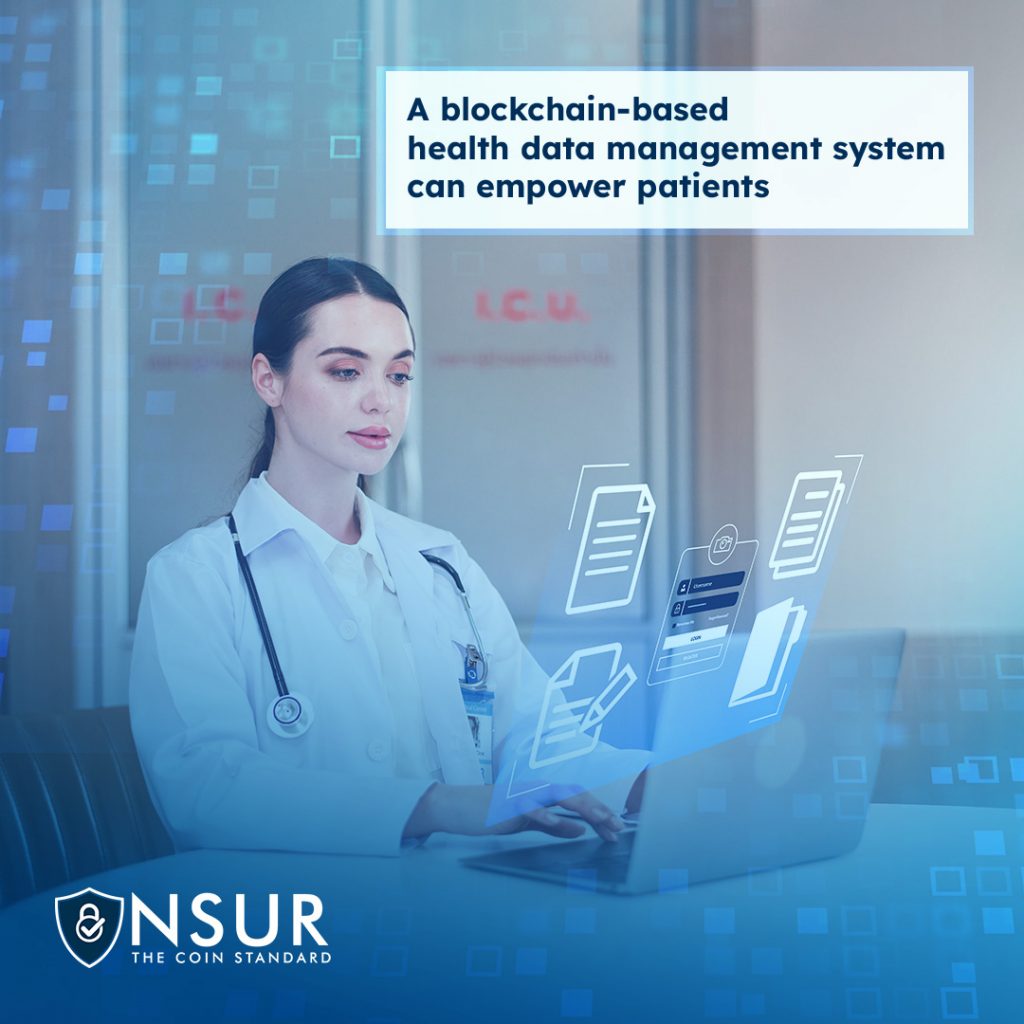
COVID-19 has permanently changed our perspective on the importance of healthcare, which has become mankind’s greatest concern. It has overburdened healthcare systems around the world and has an impact on how outpatient treatment is provided in medical practices. Patients and patient data are greatly multiplied in the healthcare industry as they deal with multiple medical conditions, making it difficult to keep up with all of the records. It is common for healthcare data to be scattered across multiple platforms and may not be readily available when it is needed the most.
It is now possible to trace every patient record and ensure the confidentiality of the data thanks to blockchain technology. In its simplest form, Blockchain technology is a distributed database that maintains records in a safe, open, and immutable way. Using blockchain in healthcare provides patients and physicians with several valuable benefits. Developed in 2009, blockchain technology has now exceeded the “innovation trigger,” according to the Gartner Hype Cycle, and could transform how data is used in healthcare.
Medical technology is continuously working and aiming to give patients control over their own health data by using blockchain technology and AI to develop a personal health record. For example, Patientory company’s application streamlines the healthcare industry by centralizing all patient information. A company uses end-to-end encryption to protect patient data against unauthorized access. Patients, healthcare providers, and clinicians can use blockchain technology to access, store, and transfer critical information. Many start-ups have successfully used blockchain to track and trace medications and speed up supply delivery. Through such innovations using blockchain technology companies can continue to develop patient centric solutions and incentivize opportunities around data management and data protection. Such creation can provide a single source of truth where the patient owns their data and has access to all their medical records.
Health data ownership challenges for patients
Getting access to patient data, which is legally owned by physicians and healthcare organizations, will be the first challenge. Furthermore, it is usually kept on outdated software and databases, sometimes even on paper, which makes it difficult for individuals to take power over their own medical information.
The next challenge is security, specifically preventing unauthorized access and errors from being introduced into electronic medical records. In this situation, blockchain certainly helps, as it creates a hash every time an item is modified, allowing you to track changes, editing, and other changes.
The public has access to a wealth of information in today’s world. However, it appears unfair that they are unaware of where their medical records are stored, as well as where and how they can access them. It is believed that it would be beneficial for the patient to maintain some form of digital record with the help of blockchain.
Large amounts of patient-centric health data are regularly obtained from many sources. This real-world data can come from a wide range of sources, including mobile apps, wearable technology, claims and billing, and many more. If this data is de-identified then it can be used by any healthcare professionals, researchers, drug developers and many others.
Empowering patients to take ownership of their health data using blockchain
Using blockchain technology, patient health records, medical claims and billing data, and medication information can be safely stored. The use of blockchain to store sensitive health information allows healthcare providers to ensure that only authorized persons can access the information, it cannot be altered or deleted, and it cannot be misused. In addition to being able to change the way healthcare data is managed, blockchain could help reduce frauds, errors, and theft in the system. For example, the Keyless Signature Infrastructure (KSI) of Guardtime helps hospitals maintain patients’ medical data privacy and still make it available to doctors, insurers, and other interested parties.
Because blockchain technology makes use of encryption algorithms, patients may have more power and be able to increase the privacy of their information. In this system, healthcare professionals and users will have access to confidential medical information, thus controlling who can access and what can be accessed. Considering the privacy concerns over the sharing of medical data, this would be an important development.
Ideally, patients will have complete access to their health information through medical records. A single access point for users, real-time updates, reduced costs, better security, automation with smart contracts are some of the benefits.
It may be unnecessary for health care organizations to keep a large number of records in their systems in the future.
Conclusion
It is clear that blockchain technology has a bright future with a lot of potential applications in the healthcare sector. In fact, it is already changing the way patients and doctors communicate and how they store and process data. Data sharing between various institutions can be made more effective and safer using this technology. Blockchain empowers individuals to get control over their health data. Blockchain has been utilized by many healthcare providers and is used as a valuable tool for users to take control of their health and data. Some of the leading ones in the market are Patientory, Pokitdok, IRYO, and FarmaTrust.
It is expected that technology will advance and become more reliable and trustworthy as time goes on, resulting in more adoption and innovation in the future. This will improve the way healthcare providers make decisions and provide care to the patients. As the people’s lives and health are of utmost importance, blockchain can be an invaluable tool in healthcare.
